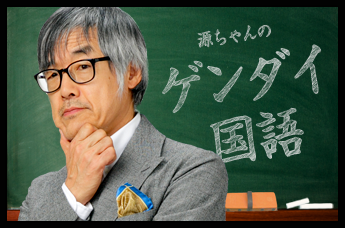The difference between 何の and どんな
When learning a foreign language, once you learn the basics you should always strive to be humble and never assume you have a perfect understanding. This reminds me of the expression “油断大敵” (yudan taiteki) which translates to something like “careless is your worst enemy”. In other words, letting your guard down for just a moment… Read More »


